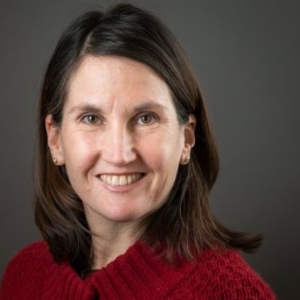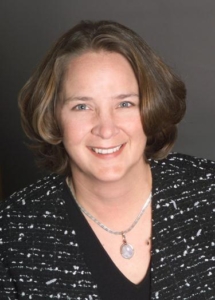 By Michelle Hendelman, Editor-in-Chief
By Michelle Hendelman, Editor-in-Chief
Deborah Lorenzen, COO, BK University, BNY Mellon, recently celebrated her 20th anniversary with BNY Mellon. This milestone is enriched by a career that has been fundamentally involved in the growth, development and enrichment of the company’s structure, business strategies and corporate culture.
Lorenzen has taken on roles in many different disciplines, locations and business units at BNY Mellon including special projects, program management, and Corporate Trust. She’s worked in San Francisco, New York, Edinburgh and London. Now in her latest role as COO of BK University, Lorenzen hopes to be part of an exciting new era of transformative change at the global financial services company. BNY Mellon provides services and solutions across the investment lifecycle.
The roots for BK University and Lorenzen’s involvement in the project were actually planted in the late nineties when she received an unexpected phone call at her desk. “One day my phone rang and it was Gerald Hassell, who had just become president of the company. He was calling because he wanted someone who could figure out how to launch a corporate University. And it took some time to get here, but I am now the COO of BK University. At the time, we weren’t ready for this on an institutional level, but now we are,” recalls Lorenzen.
On Defining a Career Path
When she looks back at her career path, Lorenzen agrees that it was not the most linear. However, she feels that her deep vault of experiences is what has shaped her and prepared her for her current role. Lorenzen said, “My interests are in how we run this company and becoming part of the leadership team that helps drive this company forward. Perhaps there could have been a more direct career path, but for me it was really important to understand a number of different disciplines and to be a more effective and well-rounded leader with the perspective to go along with the global nature of our business.” She continued, “Every single opportunity I took has helped me to understand our business more deeply.”
For Lorenzen, taking advantage of the opportunities presented to her throughout her career has contributed to her success at BNY Mellon. “I believe the greatest risk you can take in your career is to stand still,” said Lorenzen, “You have to move and you have to put yourself out of your comfort zone because that is the only way you learn. You don’t regret the things that you do. You may regret the things you don’t do.”
Impacting the culture of her company in a positive way is something that has always been a source of pride for Lorenzen. “One of the things I am most proud of is the time that I have spent connecting people,” explained Lorenzen. “I once spent six months in Edinburgh working with 400 employees of a business we had just acquired. I helped them understand how we got things done in this organization and explained the culture of our company. I enjoy making those linkages for people so that they can be more successful.”









